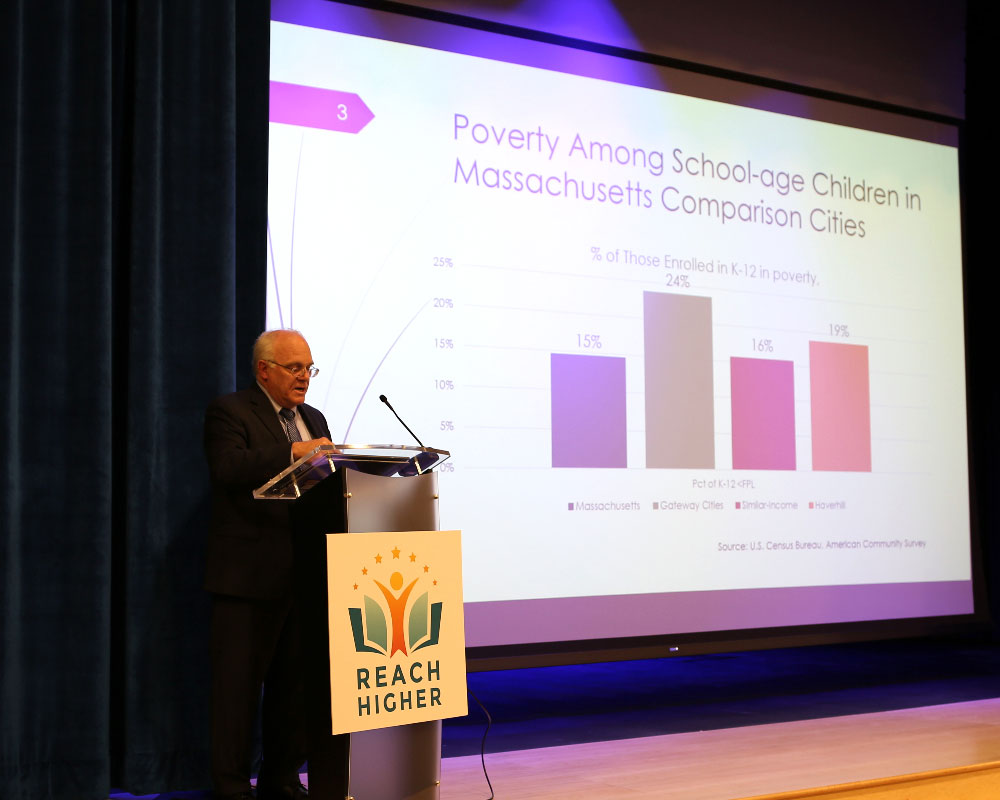To the Editor:
I was very disappointed to see the WHAV article (Nov. 17) quoting Mayor Fiorentini, referring to the amount not taxed this year as “setting money aside to build new schools.” The Mayor persists in spreading this misconception. It is simply not true that taxing below the limit somehow sets money aside for schools or anything else. The City will have less money for schools and other services if it taxes less. Common sense tells us that money not collected cannot be set aside.
It also, cannot be collected later. Under state rules, the amount the City can tax in one year is not affected by what it taxed in previous years. Lost revenue cannot be made up later. The Massachusetts Department of Revenue “Levy Limits Primer on Proposition 2-1/2” says on page 14:
The second misconception about excess levy capacity is that a community is able to go back and “capture” excess levy capacity from a previous year. This is also not true. Once the community sets its tax rate for a given year, any revenues foregone because of excess levy capacity in that year are lost forever.
If Haverhill leaders want to set money aside for building schools they should tax close to the levy limit and reserve that money in City accounts.
Thomas Grannemann
Although many news outlets take sides, WHAV does not. Views and comments expressed are those of the writer and are not intended to reflect the views of Public Media of New England Inc. d/b/a WHAV, its staff, underwriters or affiliates. Letters are published on a space and time availability basis and may be edited for clarity, legal issues, length and related reasons at the editor’s discretion. WHAV also reserves the right to refuse to publish submitted letters for the same reasons. All letters must be signed.

